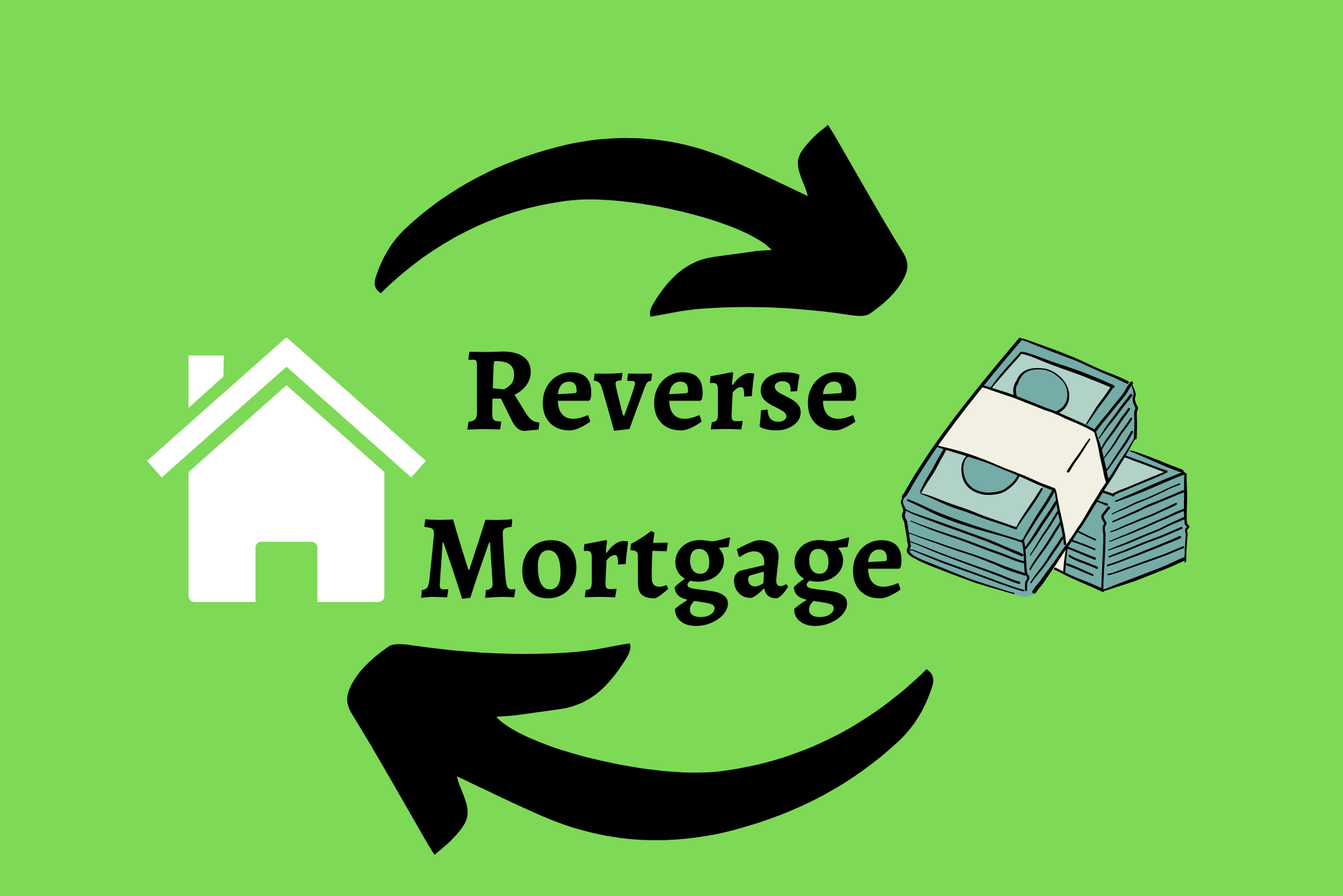A Reverse Mortgage is an important financial tool that many people have heard of but may not fully understand. It is a loan option designed to help seniors who own their home access money from the equity in their home without having to sell or make monthly payments. A reverse mortgage can provide seniors with the financial freedom to live their retirement more comfortably and confidently, allowing them to stay in their homes for as long as possible.
In a traditional mortgage, the borrower pays money to the lender; with a reverse mortgage, it is the other way around. The lender makes payments to the borrower based on the amount of equity they have in their home and how much longer they plan on living there.
The funds from Reverse Mortgages can provide extra income for retirement. In return for receiving these payments, borrowers must sign an agreement that outlines all of their obligations related to taxes, insurance, maintenance costs and more.
Eligibility: Who Qualifies?
A Reverse Mortgage is an increasingly popular financial tool designed to help seniors, who are 62 years old or over, access the equity in their home and use it to supplement their retirement income. There are several eligibility requirements for a reverse mortgage; understanding who qualifies can help individuals decide if this type of loan is right for them.
To qualify for a Reverse Mortgage, potential borrowers must meet certain age and financial criteria. The primary borrower must be at least 62 years old or older and all borrowers must own the property outright or have very limited remaining balance on an existing mortgage. Furthermore, applicants must demonstrate that they can pay regular property taxes and insurance on their home as well as any other associated costs of homeownership. Finally, applicants must also show that they have the financial means to cover ongoing living expenses such as maintenance costs with funds other than those obtained from the loan proceeds.
What Are The Different Types of Reverse Mortgages?
When it comes to qualifying for a Reverse Mortgage, there are several options available to homeowners.
- The most common type is the Home Equity Conversion Mortgage (HECM), and is available to those who are 62 years or older and have a significant amount of equity in their home.
- For those with high-value homes, a proprietary reverse mortgage offered by private companies may be a better fit, as they may offer larger loan amounts. However, these types of reverse mortgages come with higher fees and interest rates.
- For those looking for a specific purpose, such as home repairs or paying for medical expenses, a single-purpose reverse mortgage may be the way to go, as they are offered by some state and local government agencies, as well as non-profit organizations, and have lower fees and interest rates.
It’s important to consult with a financial professional to determine the best type of reverse mortgage based on individual needs and financial circumstances.
What Is The Loan Repayment Process For A Reverse Mortgage?
The loan repayment process for a reverse mortgage in Canada involves repaying the loan when the homeowner sells the property, moves out permanently, or passes away. The loan amount, including accumulated interest and fees, will be paid from the sale proceeds of the property.
It’s crucial to adhere to the requirements such as maintaining the property and paying property taxes to keep the loan in good standing. Furthermore, it’s also advisable to consider the impact a reverse mortgage may have on the homeowner’s estate and inheritance.
And last but not least, it’s always a good idea to consider the impact a reverse mortgage may have on your estate and inheritance and to have a chat with a financial professional and your loved ones about the loan repayment process.
How Do Reverse Mortgages Impact Inheritance And Estate Planning?
A reverse mortgage can throw a wrench in your inheritance and estate planning, so hold on to your hat! This type of mortgage reduces the assets available for inheritance and can lead to delayed sales of the property, making it a complex and confusing process for the homeowner’s heirs. But don’t worry, before you sign on the dotted line, chat with a financial professional who can steer you in the right direction and make sure your estate plan stays on track!
Conclusion
A Reverse Mortgage is an increasingly popular way for retirees to help them with their retirement income. It can provide numerous benefits to those who are looking for ways to increase their retirement savings, make sure that they have ongoing cash flow during retirement years.
It is important, however, that seniors weigh the pros and cons carefully before making a decision about whether or not this type of loan is right for them. With some careful consideration and research into financial options available, retirees may find that a reverse mortgage could be an excellent solution for providing supplemental income in their post-working years. A mortgage broker can help seniors learn more about the pros and cons of this type of loan. Connect with Professional Mortgage Broker to learn more about the types of reverse mortgages available and how they can help you reach your retirement goals.
